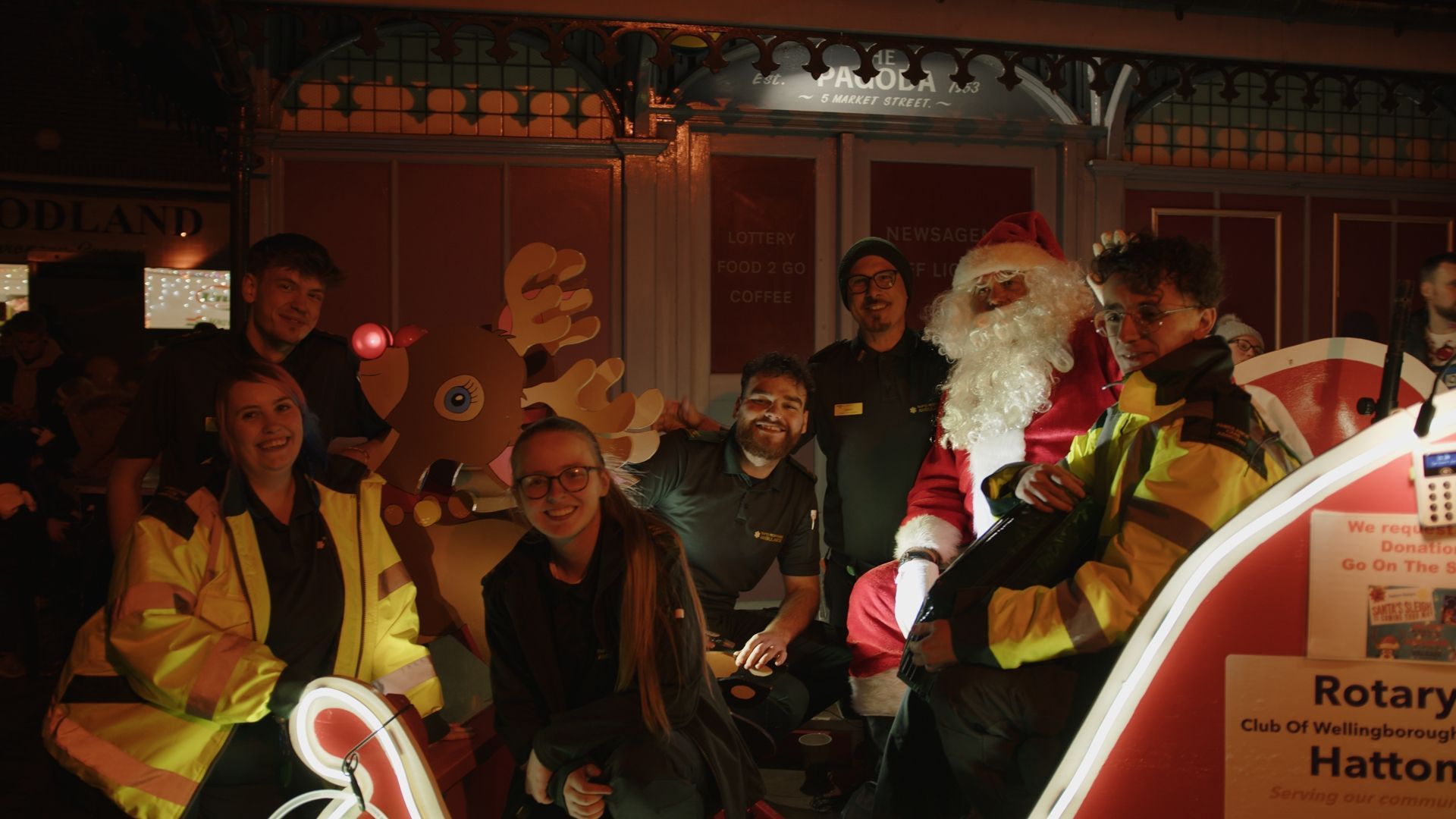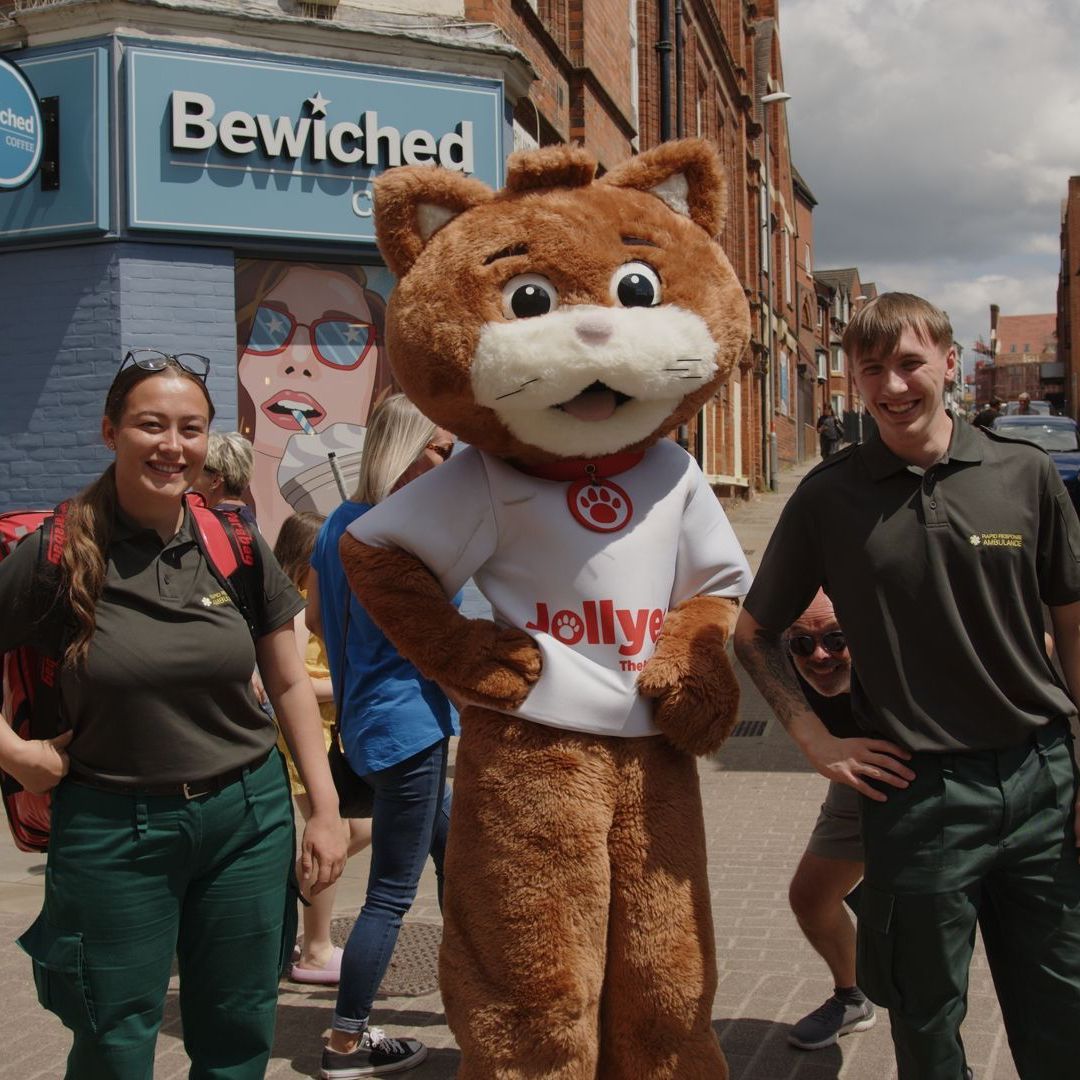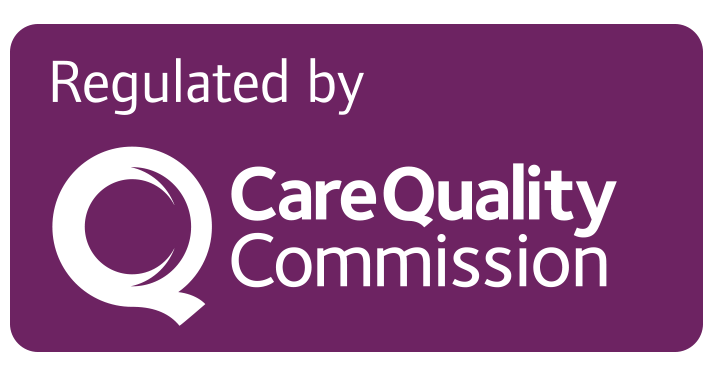Understanding Roles, Responsibilities, and Qualifications in Event Medicine
Discover the different roles in event medicine—from Urgent Care Assistants and Paramedics to Nurses, Doctors, Physiotherapists, and support staff. Learn their responsibilities and qualifications to plan safe medical cover.

Understanding Roles, Responsibilities, and Qualifications in Event Medicine
Introduction
When planning medical cover for an event, one of the most important considerations is choosing the right mix of staff. Event medicine is not a one-size-fits-all service—different roles bring different levels of training, qualifications, and responsibilities. From entry-level clinicians such as Urgent Care Assistants through to doctors, physiotherapists, and specialist support staff, every role plays a part in ensuring safe and effective medical care.
This guide explains the main clinical and support roles in event medicine, helping organisers understand the difference between them and how they fit into a wider medical plan.
Urgent Care Assistants (UCAs)
UCAs are entry-level event clinicians who provide basic patient care and support. Their role typically involves monitoring vital signs, assisting with wound care, helping patients with mobility, and supporting higher-level clinicians in treatment. They are trained beyond the level of a first aider, making them far more suitable for event medical provision. UCAs are often deployed at Tier 1 and Tier 2 events where the risks are low, but professional medical staff are still required.
Qualifications:
- Qualsafe Level 3 Certificate in First Response Emergency Care (FREC 3) or equivalent.
Emergency Care Assistants (ECAs)
ECAs form an important part of ambulance and event medical teams. Their role is hands-on and includes driving ambulances, supporting paramedics and technicians during emergencies, assisting with patient assessment, and managing basic life support. While ECAs are not autonomous decision-makers, they are a crucial link in ensuring safe patient care and efficient transfers. They are commonly found at medium to large events as part of a multi-skilled medical team.
Qualifications:
- Qualsafe Level 4 Certificate in First Response Emergency Care (FREC 4), or
- Level 3 Diploma in Ambulance Emergency and Urgent Care Support.
Ambulance Technicians / Associate Ambulance Practitioners (AAPs)
Ambulance Technicians (sometimes called AAPs) are trained to a higher level than ECAs. They are skilled in patient assessment, management of medical and trauma emergencies, and administering certain medications. Technicians can work independently within their scope of practice, although they often operate alongside paramedics. Their presence at events provides a significant uplift in clinical capability, particularly for managing more complex medical presentations.
Qualifications:
- Qualsafe Level 5 Diploma in First Response Emergency and Urgent Care (FREC 5).
- Level 4 Diploma for Associate Ambulance Practitioners.
Paramedics
Paramedics are registered healthcare professionals regulated by the Health and Care Professions Council (HCPC). They are highly skilled in pre-hospital emergency care, including advanced airway management, drug administration, trauma care, and cardiac resuscitation. Paramedics act as clinical leads at many events, making critical decisions and coordinating care with other healthcare professionals. Their expertise makes them essential for higher-tier events with a greater risk of serious incidents.
Qualifications:
- BSc (Hons) Paramedic Science, or equivalent degree in paramedic practice.
- Registered with the HCPC.
Nurses
Nurses, particularly those with backgrounds in emergency care, urgent care, or intensive care, play a valuable role in event medicine. They are skilled in patient assessment, wound management, long-term condition support, and safeguarding vulnerable individuals. At events, nurses may run treatment centres, provide medical supervision for attendees with chronic health conditions, and support paramedics in acute situations. Their flexibility makes them an important part of multi-disciplinary event medical teams.
Qualifications:
- BSc (Hons) Nursing degree in one of four fields:
- Adult Nursing
- Child Nursing
- Learning Disability Nursing
- Mental Health Nursing
- Registered with the Nursing and Midwifery Council (NMC).
Specialist Paramedics
Specialist paramedics, such as those working in critical care, advanced practice, or urgent care, bring an even higher level of clinical expertise. They are trained to assess, diagnose, and manage complex cases, often with extended skills such as advanced pharmacology, invasive procedures, or enhanced trauma care. At large-scale events, specialist paramedics provide an extra layer of resilience, ensuring that critically ill or injured patients receive advanced pre-hospital interventions before hospital transfer.
Qualifications:
- MSc Advanced Paramedic Practice (or equivalent).
- Registered with the HCPC.
Doctors
Doctors provide the highest level of clinical leadership and expertise in event medicine. Depending on their specialty—emergency medicine, anaesthetics, intensive care, or general practice—doctors can deliver advanced medical interventions, oversee complex cases, and lead major incident responses. At large, high-risk events, doctors often act as clinical directors, ensuring the entire medical team works within safe and effective parameters. Their presence also reassures stakeholders, Safety Advisory Groups (SAGs), and licensing authorities that robust clinical governance is in place.
Qualifications:
- MBBS or MBChB (Bachelor of Medicine, Bachelor of Surgery).
- Registered with the General Medical Council (GMC).
Physiotherapists
Physiotherapists are particularly valuable at sporting events, where musculoskeletal injuries are common. They specialise in injury assessment, rehabilitation, and physical support, helping athletes or participants recover quickly and safely. In event medicine, physiotherapists often work alongside doctors and paramedics to provide targeted care for sprains, strains, and other musculoskeletal problems.
Qualifications:
- BSc (Hons) Physiotherapy.
- Registered with the Health and Care Professions Council (HCPC).
Sports Therapists
Sports therapists focus on preventing and managing sports-related injuries. While their training is distinct from physiotherapists, they often provide complementary services such as taping, massage, and exercise rehabilitation. They are highly effective at sporting events and endurance competitions, reducing the likelihood of minor injuries becoming more serious and keeping participants fit to continue.
Qualifications:
- BSc (Hons) Sports Therapy, or equivalent recognised qualification.
- Accredited by The Society of Sports Therapists or similar body.
Wider Support Staff
Event medicine is not just about clinicians—it also relies on skilled support staff who manage coordination, communication, and logistics.
Controllers oversee the deployment of medical teams, ensuring resources are positioned effectively and responding to requests for assistance across the site.
Loggists keep detailed records of incidents, resource use, and decision-making, which is essential for governance, auditing, and post-event reporting.
Operational support staff assist with moving equipment, managing supplies, and supporting clinical staff to ensure the medical operation runs smoothly.
These roles may be behind the scenes, but they are fundamental to the safe delivery of medical services at events.
Why a Multi-Disciplinary Team Matters
Every role in event medicine has its place, from UCAs delivering essential care to doctors providing senior oversight. The strength of a medical plan comes from combining these roles into a multi-disciplinary team that matches the scale, risks, and unique challenges of the event.
By understanding the responsibilities and qualifications of each role, organisers can work with providers to ensure their event has the right balance of staff—protecting attendees, reducing strain on NHS services, and meeting compliance requirements.
Conclusion
Event medicine is a specialised field requiring a wide range of professionals, each contributing vital skills. From entry-level clinicians to advanced specialists and support staff, every role adds value in keeping attendees safe and cared for.
When planning your event, choosing a provider that supplies qualified, professional medical staff—not just workplace first aiders—ensures a higher standard of care, better compliance, and peace of mind for both organisers and attendees.




